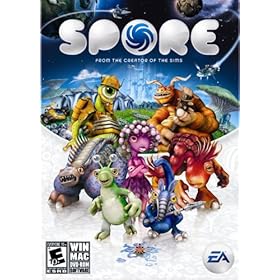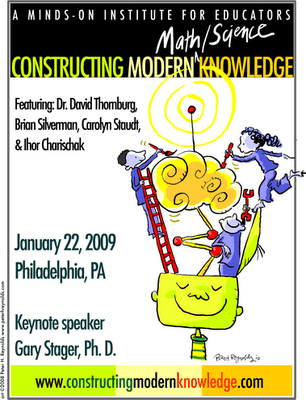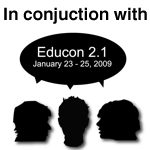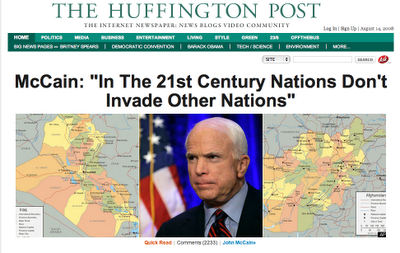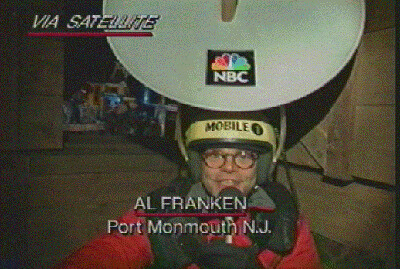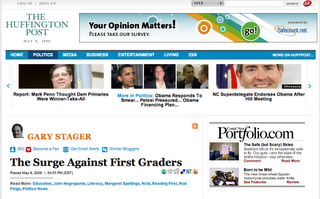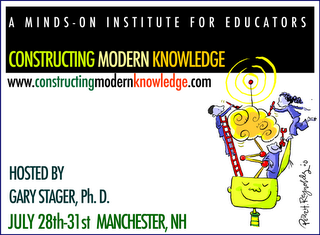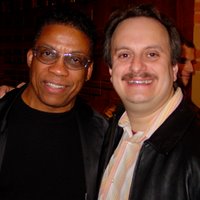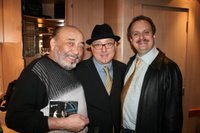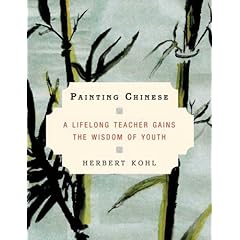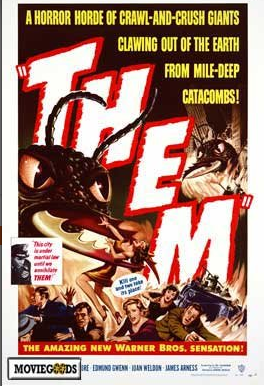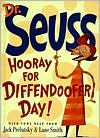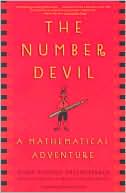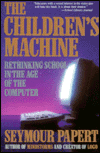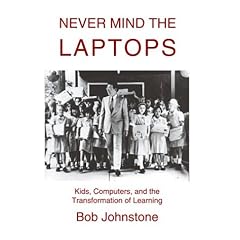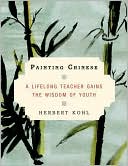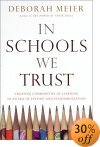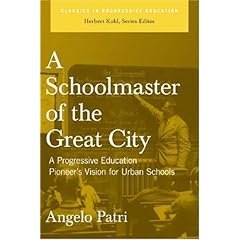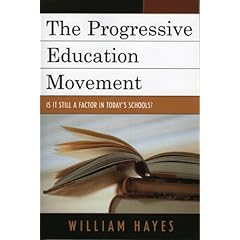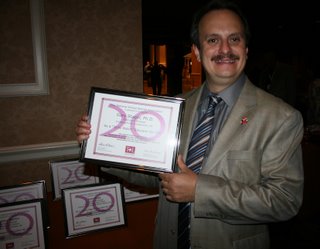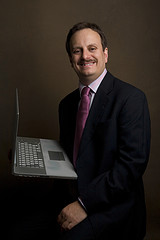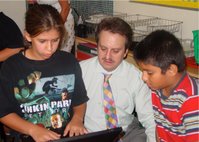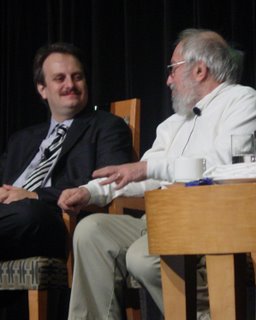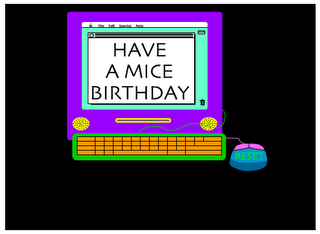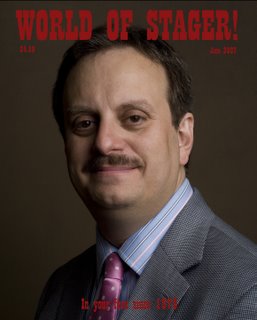A review by
Gary S. Stager, Ph.D.
I have long been uncomfortable with how eager school leaders are to embrace popular business books. It seems odd that educators would seek inspiration from business authors rather than other educators. When I attended a conference where five consecutive speakers quoted from Tom Friedman’s book,
The World is Flat, I was inspired to write the controversial article,
Reading Fads: Why Tom Friedman Does Not Compute.That article not only discussed the bizarre conclusions and sloppy logic presented by Tom Friedman, but also explored why school leaders are so drawn to business self-help books. Surely there are lessons to be learned from actual educators who can inspire educational practice.
As more and more educators discuss their craft in the blogosphere a remarkable number of them quote from business how-to manuals while very few ever mention the work of notable educational theorists and practitioners. The concise nature of the blogosphere takes already oversimplified principles and abridges them to fit the grammar of the medium.
Inspired by members of the online community I read the dreadful Everything is Miscellaneous and observed countless discussions of
The World is Flat,
A Whole New Mind,
HOW We Do Anything Means Everything…in Business (and in Life),
Wikinomics and
Informal Learning. Not wanting to be left out, I rushed to the bookstore but felt queasy on the way to the cash register. With so many unread books about education sitting on my desk I could not bring myself to give any more of my money to these business authors.
Eventually I purchased and read Daniel Pink’s book,
A Whole New Mind: Why Right-Brainers Will Rule the Future. I did so in order to be able to discuss the book thoughtfully on various blogs and in professional development settings.
What business gurus like Don Tapscott, Daniel Pink, Malcolm Gladwell, Stephen Covey, Tony Robbins have in common is that none of them actually ever ran a business prior to hitting the bestseller list offering business advice to others. Most of them have never been the night manager of a Seven-Eleven let alone launched or managed an innovative business venture.
They are fancy talkers. That is their skill. Several are evangelicals. Faith or pseudoscience, along with a dose of prosperity theology, is used to advance their arguments.
Their audience is adults who dream of being rich or increase their personal productivity. Neither goal is analogous to the education of children.
There’s trouble right here in River City I’ve observed that the fancy talkers tend to have three or four good stories, perhaps as many as seven, they use to captivate their readers. If you see the author on Charlie Rose, you hear the three stories. Google an interview and you’ll read the three stories. Read the book and the three stories will appear verbatim. There is a polish to their schtick that often masquerades a lack of depth or thoughtfulness.
Many of these authors are linguistic jugglers. They can turn a phrase (or at least a handful of rehearsed ones) brilliantly. I compared Thomas Friedman to Nipsey Russell in my review of Friedman’s book due to his penchant for reducing complex ideas to puns.
Ultimately the success of these books is based on the authors’ ability to reduce complex concepts to simplistic binary dichotomies or playground rhymes. Such books are filled with numbered rule-based advice with little room for nuance. Issues are either black or white. The principles apply to any situation.
Obviously, lots of people buy these books. Some even read them. Many of the readers are hooked on this genre of business book and purchase lots of them. Ironically, the people who don’t read these books are successful business leaders. The New York Times article,
C.E.O. Libraries Reveal Keys to Success, tells us that most successful business leaders, the people self-help book readers wish to emulate, do not read business books. They read poetry and novels and great non-fiction written by experts. In short, CEO libraries are tributes to a great liberal arts education. Now
that is a lesson school leaders should learn.
It is the great insecurity of wannabes that drives the sales of popular business books. I am of the opinion that educators with limited time should not squander it studying to be CEOs. This is especially true when these books are written by charlatans and touted by educational gurus who themselves are fancy talkers.
Education should be about doing, not talking. Education leaders should be well versed in the literature (past and present) of their chosen profession.
Which brings me to Whole New Mind Alan November, Will Richardson and other well-respected educators are fans of Daniel Pink’s
2005 book. I had not read the book until recently. Recently, David Warlick
wrote in his blog about how excited he was to be speaking at the same event for school leaders as Daniel Pink. Warlick is obviously a fan of Mr. Pink’s work.
I asked Mr. Warlick, “Just wondering. What are Mr. Pink’s qualifications for speaking about learning and school leadership?”
David Warlick answered my question by restating the same question. “I’m just wonder! What kind of qualifications does he need?”
Surely, an “expert” earning large sums of money for the privilege of speaking with large groups of educators about learning and leadership should know something about learning and leadership, right?
So, I broke down and bought
A Whole New Mind. What follows is my initial review. I intend to elaborate on this analysis as time permits.
The Review (version 1.0)Pink's entire thesis falls apart in the book’s opening paragraph.
"The last few decades have belonged to a certain kind of person with a certain kind of mind - computer programmers who could crank code, lawyers who could craft contracts, MBAs who could crunch numbers. But the keys to the kingdom are changing hands. The future belongs to a very different kind of person with a very different kind of mind - creators and empathizers, pattern recognizers, and meaning makers. These people - artists, inventors, designers, storytellers, caregivers, consolers, big picture thinkers will now reap society's richest rewards and share its greatest joys."
This argument reeks of the cheapest form of populism - playing on the economic insecurities of Americans to reiterate the horrific prospect of Indian and Chinese children destroying our precious way of life. OK, lots of fancy talkers make this case (re: Tom Friedman). Pink's basic thesis is much more objectionable, he uses pseudo-science unconvincingly to advance what is otherwise another pop business book. The first paragraph of
A Whole New Mind is a hideous slur against every man and woman working as what new-school Pink defines as old-school
knowledge workers. It is simply not true that the kind of people he dismisses (programmers, lawyers or MBAs) either have a different kind or mind or lack any of the more desirable traits he blesses in the next sentence. These are the words of a man who never used "that" kind of mind, because if he had he would understand that scary smart people are also creative and compassionate. Programmers are not pattern recognizers or creators? Give me a break! Ways of knowing are not mutually exclusive.
These caricatures and simplistic dichotomies not only devalue the "minds" of millions of people, but do great violence to education. Pink's work will be viewed by educators (and textbook publishers) as license to move students from the old mind to the new one - I guess like deprogramming gay people. How does this reconcile with ideas such as multiple intelligence theory? (Which also is too often interpreted as finding a child's dominant intelligence and then teaching everything or nothing to a child in that way. Both approaches are wrong and counterproductive.)
One gets the sense that Pink doesn’t even really believe the right-brain/left-brain ideology he advances in the book. However, real scientists who actually study the mind dismiss such simplistic models. Marvin Minsky of MIT, and author of
The Society of Mind, calls the right/left brain stuff the “
dumbbell theory.” Mind and brain researchers possess a humility that allows them to acknowledge the great mysteries associated with science. Daniel Pink leads readers to believe that he has a handle on how the mind actually functions.
The need for brain-based justifications for treating humans individually and with respect demonstrates the weaknesses in thinking Pink seeks to overcome. A reliance on junk science and mechanistic explanations of unexplainable mental phenomena does little to advance the quite simple proposition that all sorts of talents and aptitudes should be celebrated.
A Whole New Mind is full of factoids woven together to conjure up grandiose theories. For example, Pink’s assertion that MFAs are more valuable than MBAs suggests a zero-sum causality that simply does not exist. The fact that fewer MBAs are being hired by the McKinsey consulting firm, responsible for Enron’s creativity, while more MFAs are hired is neither statistically significant nor interdependent. The premium on design and aesthetic Pink uses to justify the development of “new mind” employees is based on economic prosperity. Rich people want goods and services of a higher quality. Advances in transportation have more to do with these trends than a “new mind.”
By the way, if you embrace Pink's two categories of minds/thinkers/workers, where would you place teachers? I know. We'll place ourselves in the
good pile of people.
Pink can't keep the differences between mind and brain straight, but admits that the whole discussion is only a metaphor anyway. His ignorance of the "old kind of mind" is unrivaled by his ignorance of the "new kind of mind." Once again, terms like
symphony are used as metaphors without the slightest regard for what a symphony is or how it's created. The fact is that there are numerous similarities between writing a symphony and programming a computer. But that's in the real world, not the "new" world Mr. Pink predicts based on his experience as a
Gore speechwriter, law-school grad who never practiced and latrine digger in Botswana. At the end of the day there is nothing revolutionary or even new about what Pink presents as “new.” The book not only plays loose and fast with facts, but the traits ascribed to the evolved human workers of the future can be found in any good salesman of the past century.
This is personal Many of my colleagues in the blogosphere and on the speaking circuit mean well. They honestly want schools to offer what Sarason calls, more “productive contexts for learning.” However, their embrace of pop business gurus and their methods do little to advance this noble agenda. Learning is personal, diverse and complex. Reducing learning to a handful of teaching tricks does nothing to advance education or improve schools.
A Whole New Mind cannot be reconciled with my own scholarship and twenty-five years worth of thinking about learning. My personal experience obliterates the firewall Pink builds between the two hemispheres of the brain. Several bloggers conflate Pink’s advocacy for increased arts education with his frivolous claims about the mind and economic success. Grand proclamations about the future are offered as substitutes for doing the hard work required today. Neither mind nor future economic prosperity are sufficient arguments for arts education. Students should enjoy rich, diverse and bountiful arts experiences because it is what makes us human.
However, too many of the Web 2.0/School 2.0 community have given up on the promise of school. Media mashups and video games are discussed as substitutes for the discipline and powerful ideas required to play an instrument, write a novel, build a mathematical model, design a computer application, construct a robot or make sense of a rapidly changing world.
Music education enriched my life in innumerable ways. Studying music (up to three periods per day) with professional musicians (expert mentors) in the Wayne, NJ public schools laid the foundation for both my Ph.D. in Science and Math Education and being the new media producer for a Grammy Award-winning project this year. Learning to program computers in the 7th grade, where it was required of every student as a rich intellectual pursuit, helped me develop the habits of mind that serve me everyday.
The seeds of my social activism and vocation were planted when at the age of 18 I saved school music from the budget ax. Devaluing the arts is not new or the exclusive fault of NCLB. The nation began losing its soul and sense or priorities decades ago. Pink offers scant advice for reversing this trend.
Although school was often a mind-numbing, soul-killing experience I learned to play an instrument, love the arts, program computers and compose music in the public schools. I wish that every child may enjoy a plethora of rich learning adventures. Jingoism and junk science offer insufficient justification or motivation for educational progress.
Labels: A Whole New Mind, Daniel Pink, david warlick, Gary Stager, LEARN2CN, The World is Flat, Tom Friedman, web 2.0, Will Richardson


